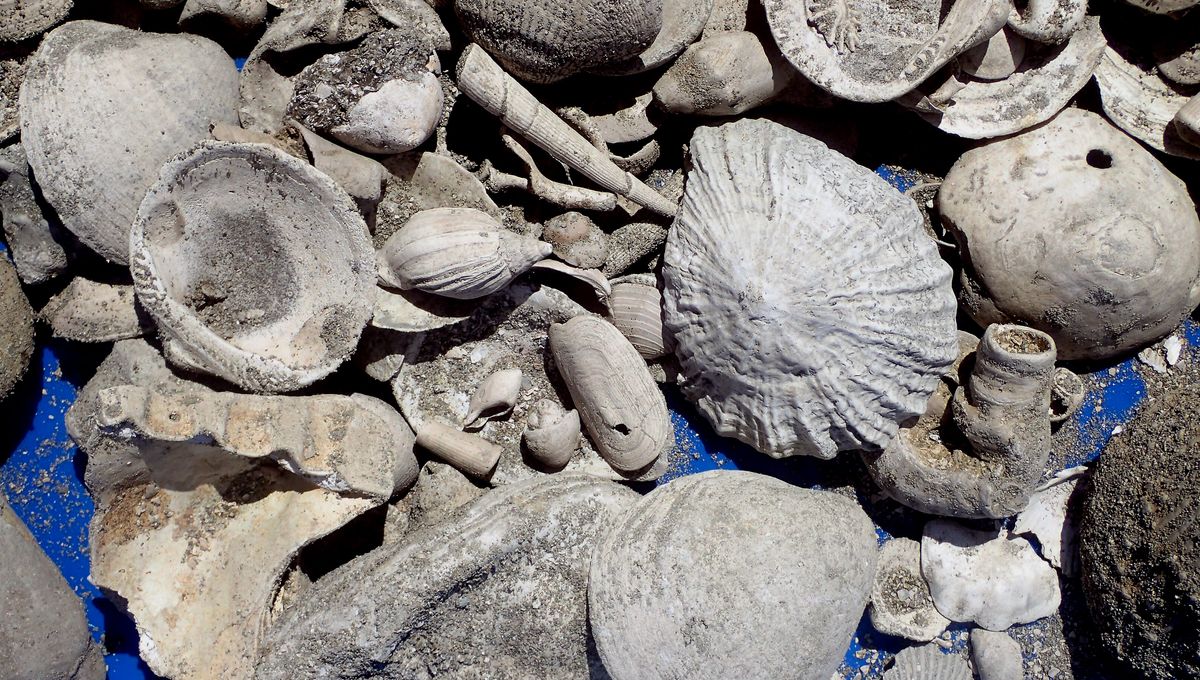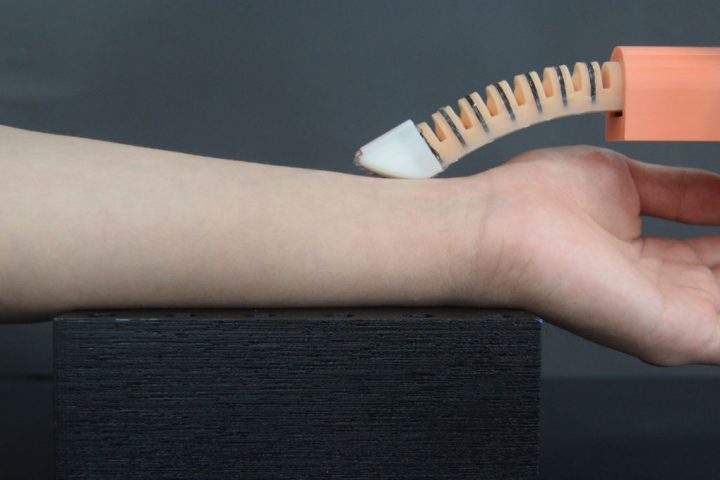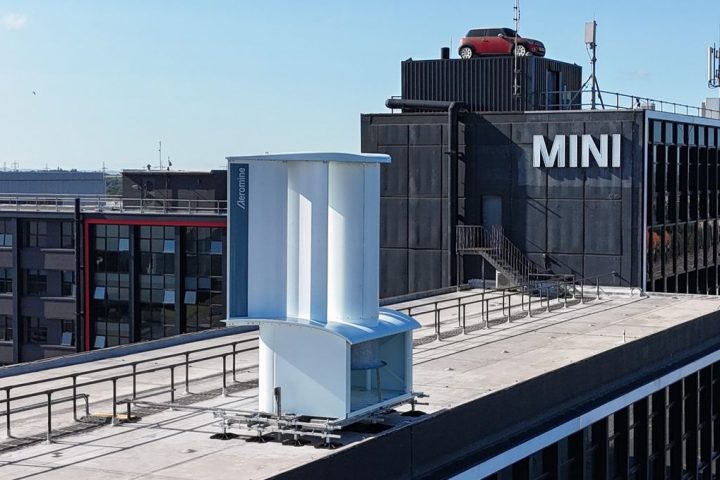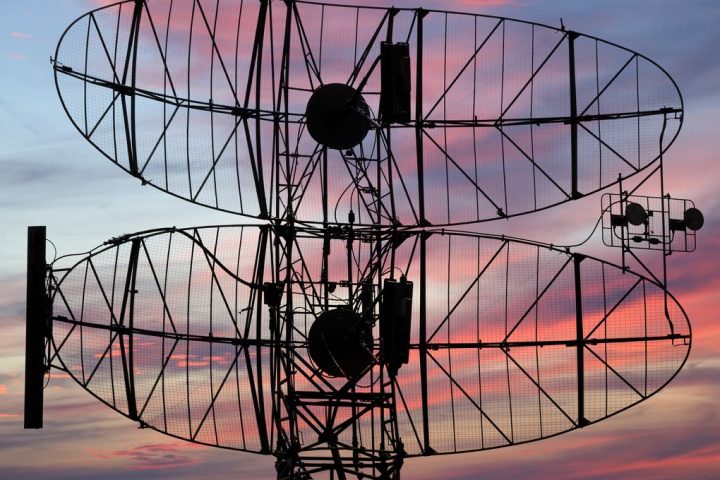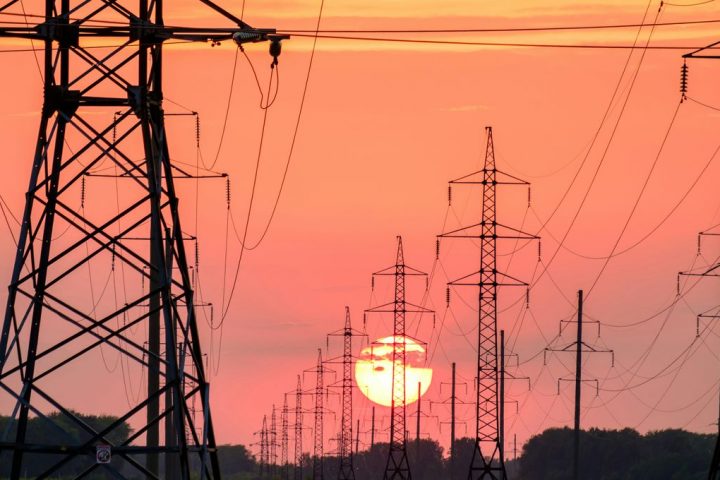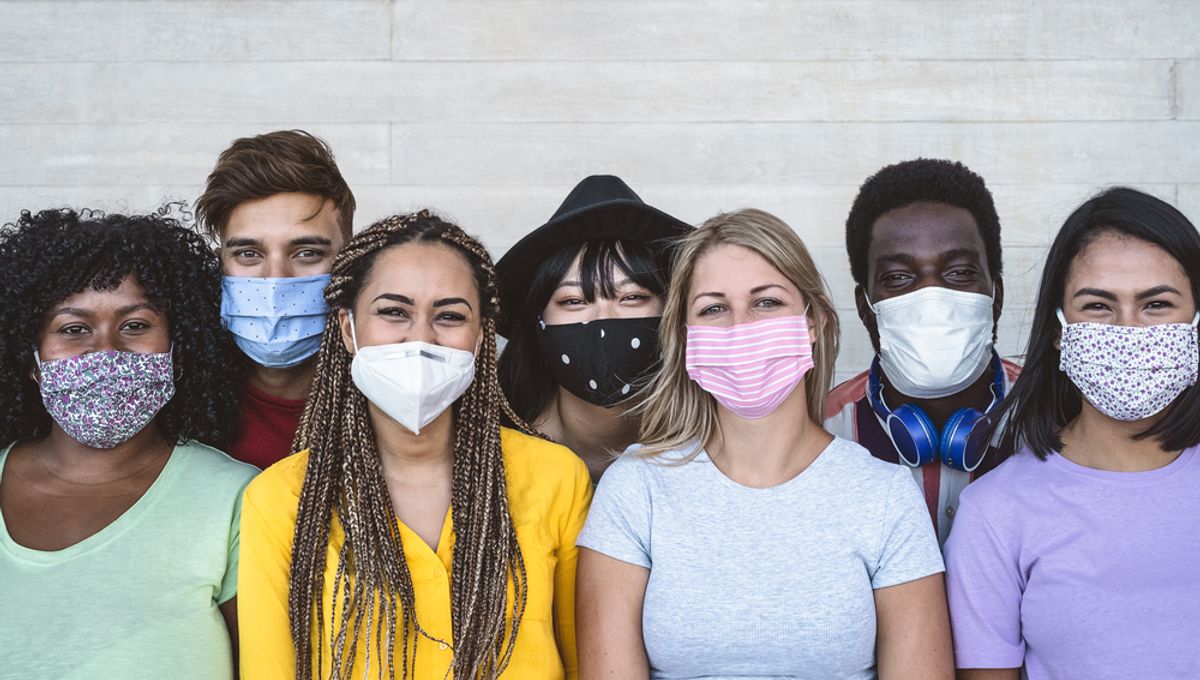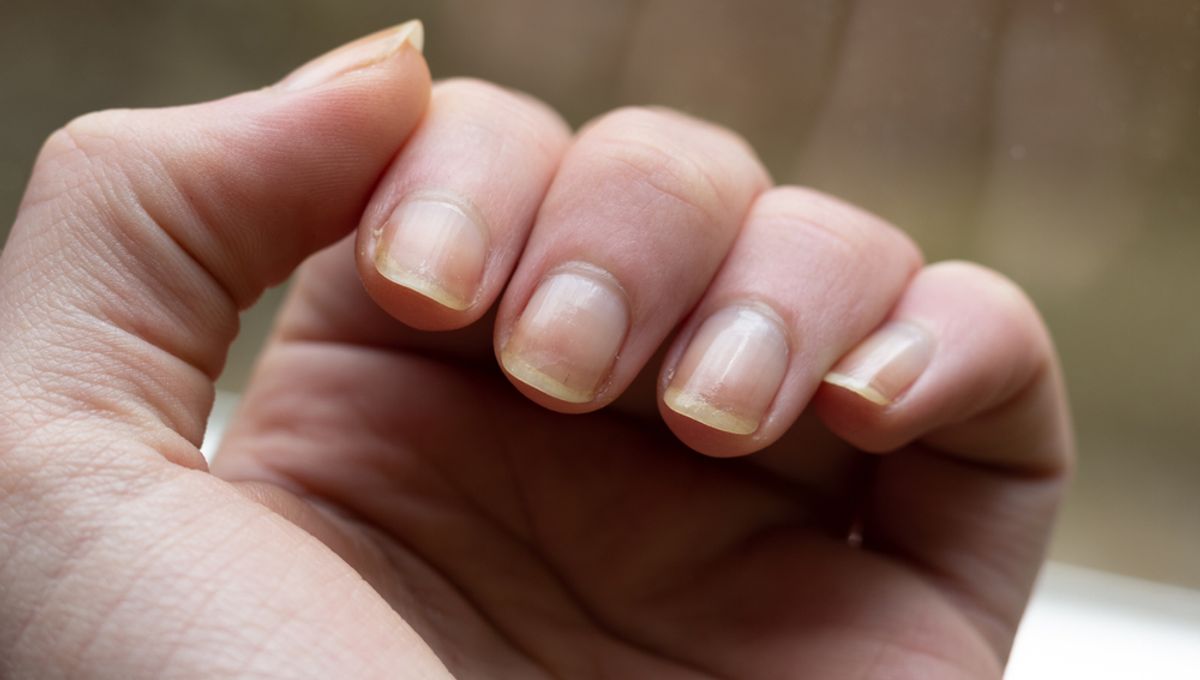Prepare to be amazed by the incredible discovery made during the excavation of a city’s sewage pipeline upgrade. Hidden within the sand, a treasure trove of over 300,000 fossils from the Late Pliocene age was unearthed, revealing a fascinating glimpse into our planet’s ancient past.
Leading the study, Bruce Hayward explains that these fossils were deposited between 3 and 3.7 million years ago in a subtidal channel of the early Manukau Harbour. Back then, the world was warmer, and sea levels were slightly higher, creating the perfect conditions for a diverse range of subtropical species to thrive.
But what makes this discovery truly remarkable is the variety of environments represented in the fossils. From sea floors to brackish estuaries, rocky shorelines to offshore regions, these fossils were brought together by powerful tidal currents and wave action.
The research team identified an astonishing 266 different fossil species, including 10 that were previously unknown. Among the rare finds were the spine of an extinct sawshark, dental plates of eagle rays, and the carnivorous snail genus Buccinulum.
Notably, the study also uncovered some of the oldest flax snail fossils in the world. These giant land snails, native to New Zealand, have faced extinction, with only three remaining species living in threatened or endangered status. The discovery of whole and broken shells of two extinct species, Maoristylus and Archaeostylus, provides valuable insights into the history of these unique creatures.
With so many new species waiting to be named and described, the researchers are excited about future studies and comparisons with fossils found in other parts of New Zealand. This groundbreaking research is published in the New Zealand Journal of Geology and Geophysics.
